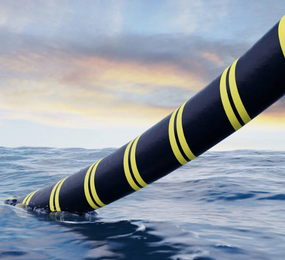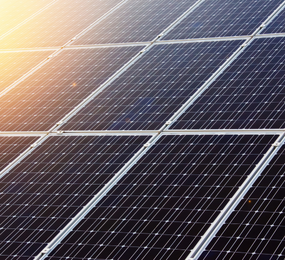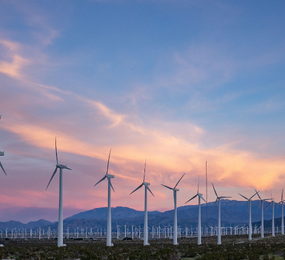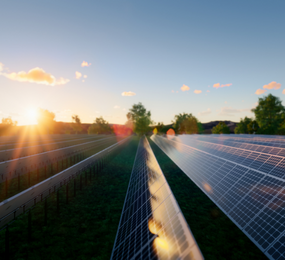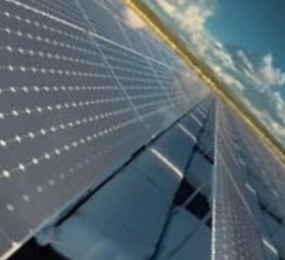Biopolymers are viewed as a diversified class of materials due to their substantial role in the many products used in modern society. Designing and selling biopolymers that are acceptable and renewable has advanced significantly during the past few decades. On the other hand, their widespread use and waste generation present a number of environmental problems, including pollution, health issues, and the loss of nonrenewable natural resources. Although the majority of biopolymers provide some sort of waste management solution, their ability to lessen the vulnerabilities they are linked with has significant limitations. A sound waste management strategy is obviously necessary to save the environment from their negative effects.
Globally, common plastics are improperly disposed of because of a lack of adequate waste management infrastructure, which results in both financial loss and environmental harm. Microplastics will eventually bioaccumulate in people, but plastics and microplastics are already having a harmful influence on all of the organisms that live in marine ecosystems. There is a chance to switch to bioplastics from most petroleum-based plastics (bio-based, biodegradable or both). This is a renewable and sustainable approach that could help reduce climate change, together with mechanical and chemical recycling.
There is growing demand to switch from non-renewable fossil-fuel based plastics to renewable bioplastics as a result of rising CO2 levels and climate change. Due to their inherent lower carbon footprint, bioplastics should be produced from second generation biomass rather than first generation, and they should then take the place of petro-plastics in as many applications as possible.
Attend the World Biopolymers and Bioplastics Innovation Forum, taking place March 1st - 2nd, 2023, in Berlin, Germany, to learn about the main recycling technologies that are examined, including sorting, mechanical recycling, chemical recycling (hydrolysis, alcoholysis, and thermal depolymerization with catalysts), as well as the relatively new enzymatic depolymerization of biopolymers, so you don't feel left out in the industry.
To register or learn more about the Forum please check here: https://bit.ly/3TQ1k8m
For more information and group participation, contact us: [email protected]



